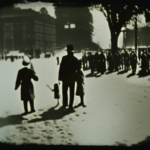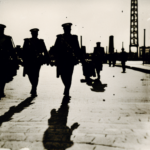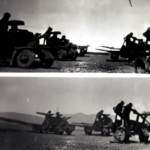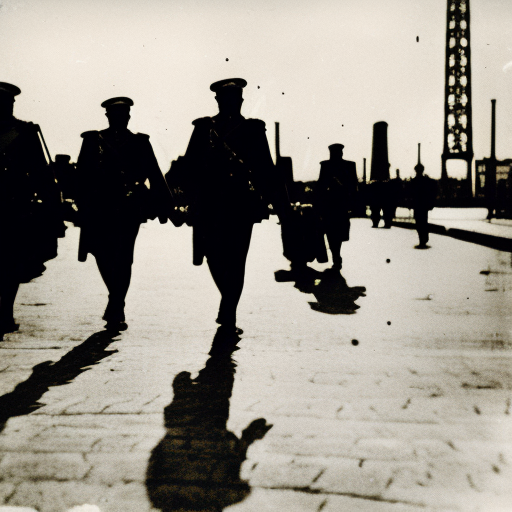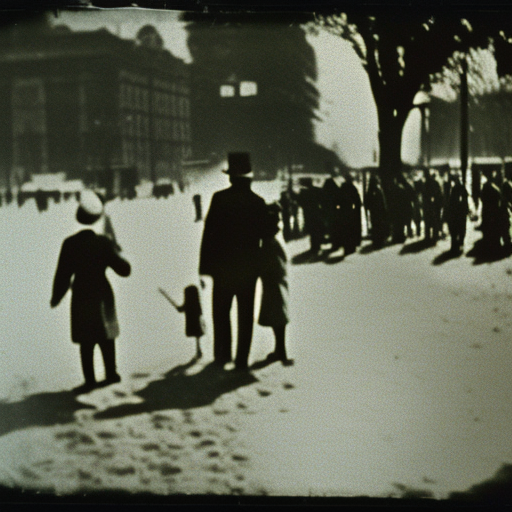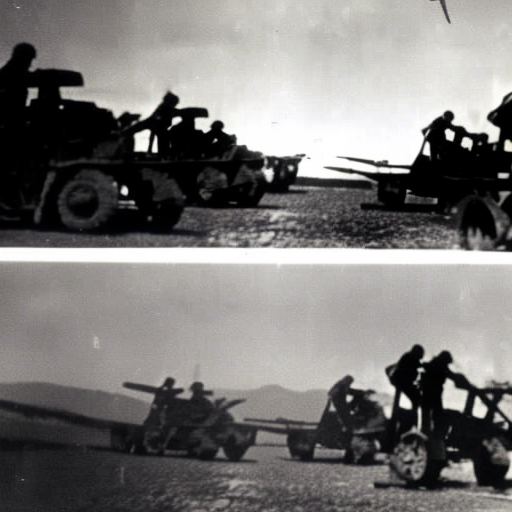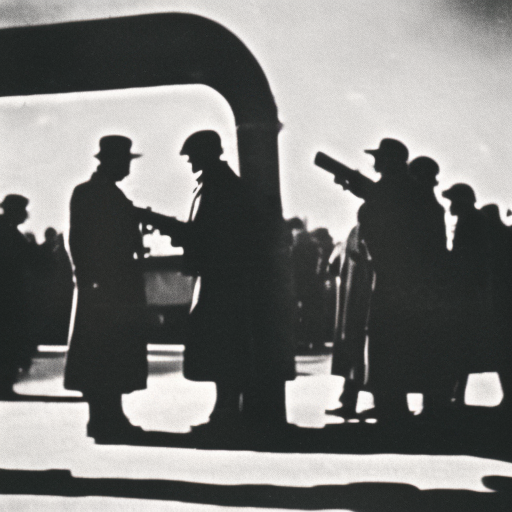The Rise of Benito Mussolini
Benito Mussolini, an Italian politician and journalist, rose to power and became the dictator of Italy in the early 20th century. His rise to power was marked by his founding of the National Fascist Party and his implementation of fascist policies that aimed to restore Italy’s former glory.
Early Life and Political Career
Born on July 29, 1883, in Predappio, Italy, Mussolini grew up in a politically active family. He became involved in socialist politics during his youth and worked as a journalist, advocating for revolutionary socialism. However, his views gradually shifted towards nationalism and he began to criticize the socialist movement.
In 1919, Mussolini founded the National Fascist Party, which aimed to establish a totalitarian regime in Italy. The party gained support from disenchanted war veterans, nationalists, and industrialists who were dissatisfied with the political instability and economic hardships of post-World War I Italy.
Rise to Power
Mussolini capitalized on the chaos and social unrest that followed the war. In October 1922, he organized the March on Rome, during which thousands of Blackshirt paramilitary supporters marched to demand his appointment as Prime Minister. Fearing a potential civil war, King Victor Emmanuel III appointed Mussolini as Prime Minister, allowing him to form a coalition government.
Once in power, Mussolini gradually dismantled democratic institutions and consolidated his authority. He suppressed political opposition, curtailed freedom of the press, and established a one-party state. Mussolini’s regime was characterized by its authoritarianism, nationalism, and emphasis on the supremacy of the state.
Fascist Policies and Rule
Mussolini implemented a series of policies aimed at transforming Italy into a fascist state. He sought to revive the economy through state intervention and corporatism, which involved the collaboration of the government, employers, and workers’ organizations. Mussolini also pursued an aggressive foreign policy, seeking to expand Italy’s influence and territory.
Under Mussolini’s rule, the Italian government heavily controlled the economy, imposing protectionist measures and promoting autarky. Public works projects were undertaken to stimulate employment, such as the draining of marshes and the construction of new infrastructure. However, these policies did not lead to sustained economic growth, and Italy remained economically weak.
Mussolini’s regime also sought to create a totalitarian society, controlling education, the media, and cultural institutions. Fascist propaganda glorified the state and promoted Italian nationalism. Mussolini emphasized the importance of the family unit and implemented policies to increase the birth rate, known as the Battle for Births.
Foreign Policy and World War II
Mussolini pursued an expansionist foreign policy, seeking to establish Italy as a major power in Europe. In 1935, he ordered the invasion of Ethiopia, aiming to create an Italian empire in Africa. The invasion was condemned by the League of Nations, leading to Italy’s isolation on the international stage.
In 1936, Mussolini formed the Rome-Berlin Axis with Nazi Germany, aligning Italy with Adolf Hitler’s regime. Mussolini’s alliance with Hitler would prove disastrous for Italy. In 1940, Italy entered World War II on the side of the Axis powers, but the Italian military proved ill-prepared and suffered a series of defeats.
As the war progressed, Mussolini’s popularity declined, and he faced increasing opposition from within his own party. In 1943, following the Allied invasion of Italy, Mussolini was arrested and imprisoned. However, he was later rescued by German forces and installed as the puppet leader of the Italian Social Republic in northern Italy.
Downfall and Legacy
Mussolini’s rule came to an end in April 1945 when he was captured by Italian partisans. He was executed alongside his mistress, Clara Petacci, and their bodies were publicly displayed in Milan.
Despite his brutal and oppressive regime, Mussolini left a lasting impact on Italian politics and society. His fascist ideology and methods influenced other authoritarian leaders and movements around the world. Mussolini’s legacy serves as a reminder of the dangers of totalitarianism and the importance of safeguarding democratic institutions.

